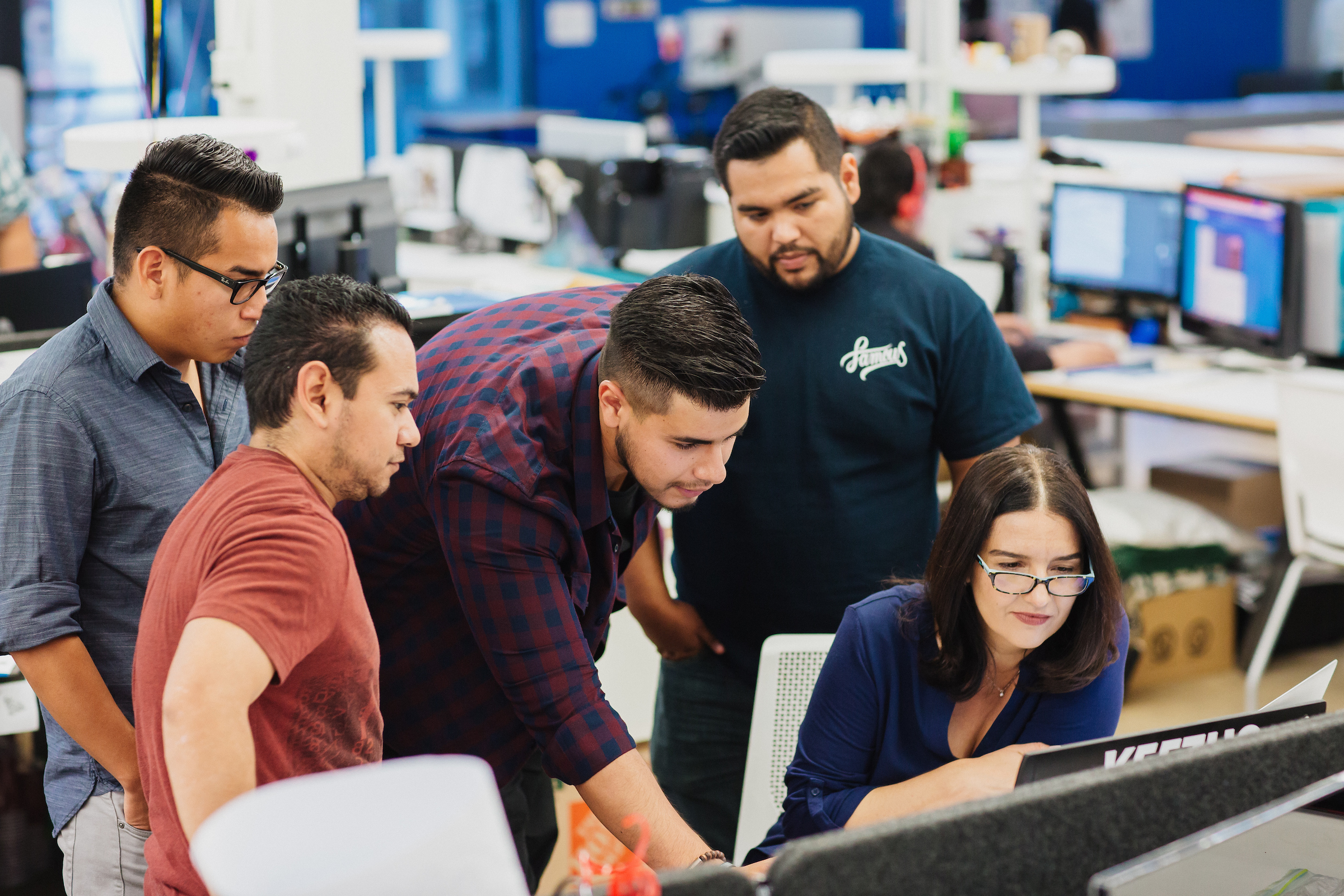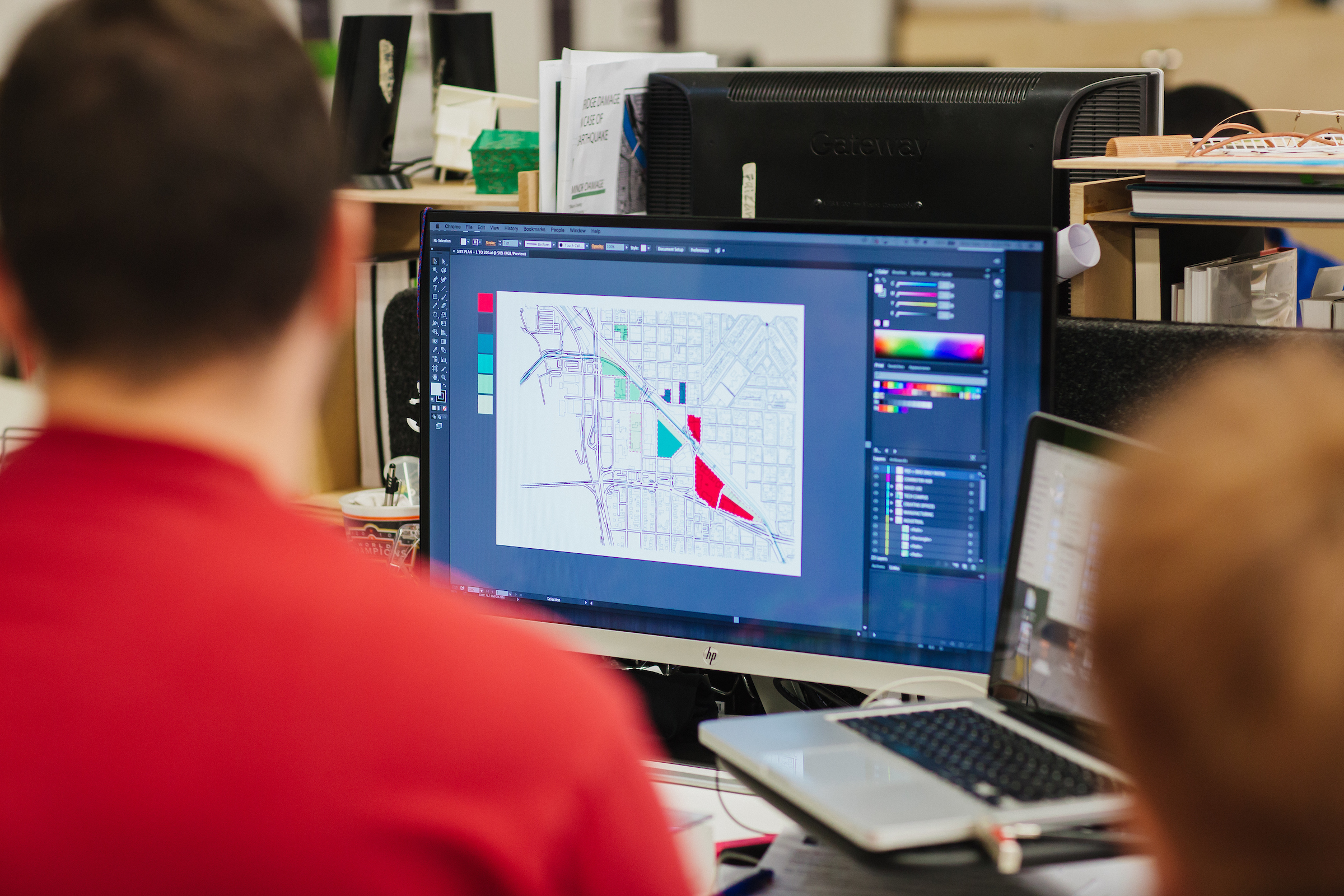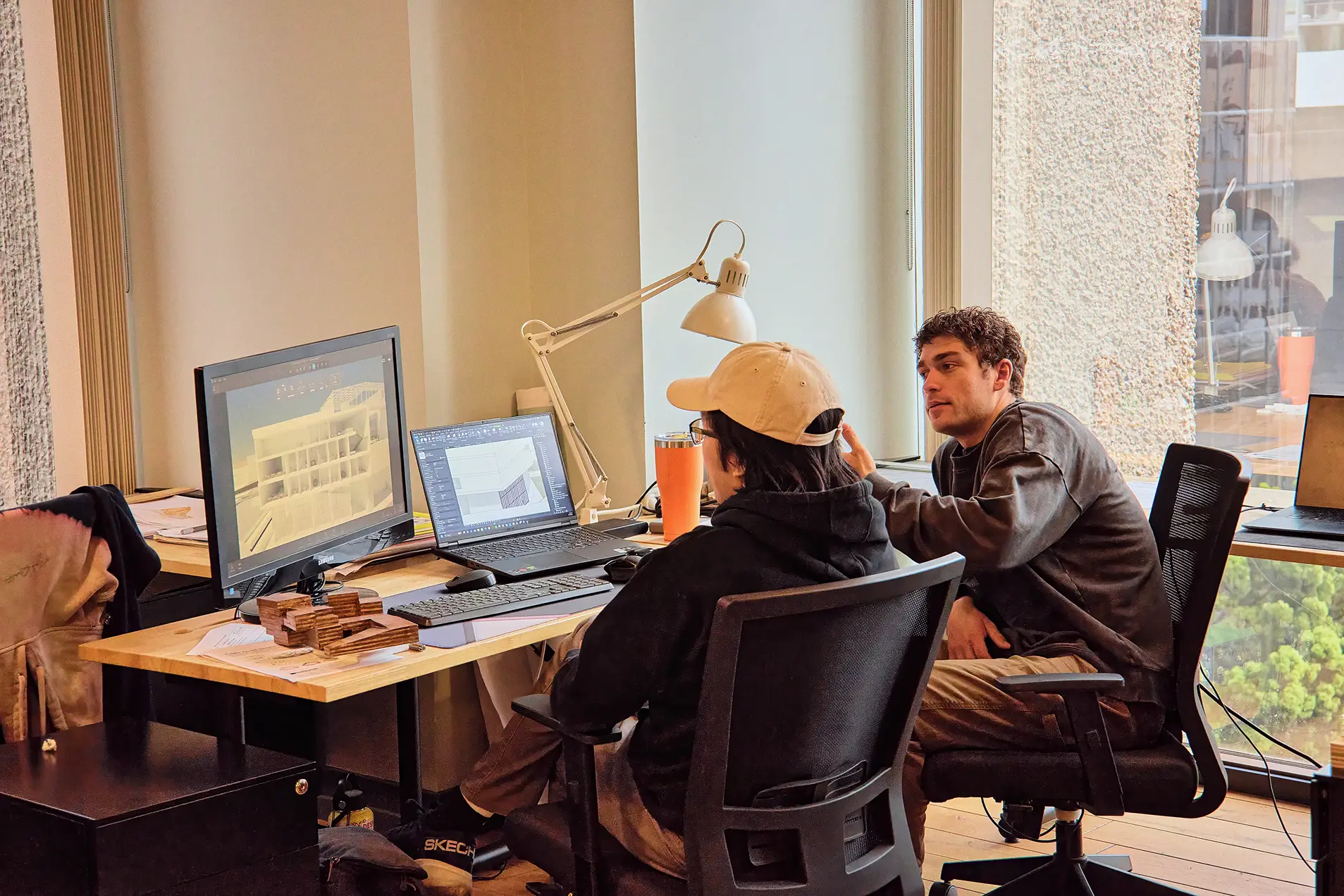Commitment and Dedication: The only secret to success in the design disciplines is to immerse oneself in work, to embrace its beauty, to use it as a vehicle for thought and growth. Without commitment to work, all other skills or talents are wasted. Students are evaluated for their work discipline, which defines the quality of their output. Work incrementally and continuously. Time management is a key element of this.
It is the student’s duty to maximize the quantity and depth of their output. The more you can work, the better. It is not your instructor’s job “to make you work”. That deviates the focus of the discussion, which should be about design, not self-discipline. It wastes everybody’s time, and the money you are investing.
Discipline and Rigor: How do you know if your work is good? What fitness tests do you apply? Are you self-critical?
You have to be strong in your opinion, but your argument has to be strong first. The teaching of design provides the student with the tools for these lines of inquiry, and students are expected to apply them, to extend and deepen the inquiry through their work.
Curiosity: Each design question contains the potentials for development of ideas, and their execution, but the student must search for understanding and inform their actions through independent investigation of the topic, and careful observation of the work and process.
The work calls for deepening your knowledge, for feeding your thinking. Assignments tease the student towards this curiosity.
Wasting the opportunity guarantees mediocre results.
Focus: We are all different, and learn differently. Find your work comfort, so that you can gain the level of attention that the work requires. You must study your project, research your theory and do many trials of everything.
Focus is not optional; nor can it be waived.
Fascination and The Work: We argue that there is nothing better to do with your time than design. The pleasures of the work are its own reward. Inspiration comes from the work itself, from your curiosity, from your study of the problem presented. Good projects are developed, not “created”. Creativity IS process; there are no muses or magical incantations.
Your instructors don’t have recipes for you to follow, or answers about how you should design. Your instructors will not design for you. Stoke yourself up about your work. Inspire yourself.
Originality: Originality is a false pursuit which can deviate your growth. You cannot will your originality, as it emerges from the idiosyncrasies of your focused process, and from the development of your ideas. Furthermore, humans learn by imitation. Imitation is an effective learning tool. All creatives imitate; design is historical, both in its dependence on precedent, and as a historical progression. Imitation is not copy; nor should it be understood as such.
Strive for being good, not original. When you are good, and true to your work, you will also achieve originality.
Iteration and Versioning: Your first idea is your best idea, only if you are lazy: ‘Talent’ is commitment. Craft is practice; they cannot be replaced.
Designing is re-designing. The more versions, the better the outcome. The end of the process is brought only by the deadline.
BASIC PRINCIPLES OF STUDIO CIVILITY
Tidiness: Our studio is a collective work environment, and as such, it needs to be cared for. Keep it clean, keep it quiet, keep it ordered. This will not only facilitate your work and that of your peers, but it is an essential element of design work, as it enables the necessary conditions for the work.
Students will be held accountable for untidiness of their workspace, or for disturbing the work environment.
Respect: Our studio is also a community, founded on civil discourse and shared responsibility. Mutual respect is an essential element of building that community. The degree to which this is achieved materialized in the quality of the work, both individual and collective.
This respect is mutual among students, and between students and their instructors. Disrespect of any kind will not be tolerated, and will be sanctioned.
Solidarity and Collaboration: Design is inherently competitive. Students compete with their ideas. At the same time, students support and help each other to “outdo” each other. The quality of your work, and that of the studio are inseparable. This is the way we all grow. Work together, critique each other, exchange ideas and information, share the thinking, and challenge it together. Hiding your work from your peers, or being secretive about it only undermines your process.
Compassion: We are all together in this larger project of learning. Be considerate, put yourself in other’s shoes. Help each other succeed.
Conclusion: The world is competitive, increasingly so. There are many designers out there who will compete with you.
You have to stand out for the quality of your work, the solidity of your skills and the coherence of your ideas and inquiries; for your seriousness and commitment to this profession and its disciplines.
There is no replacement for that.
 619-684-8800
619-684-8800


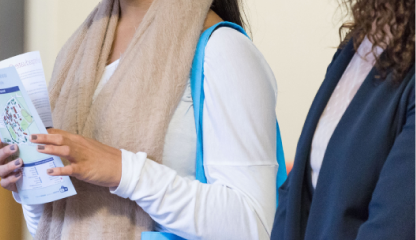
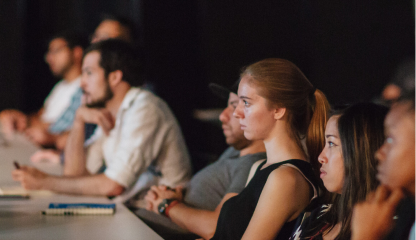
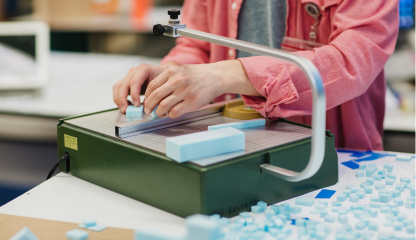
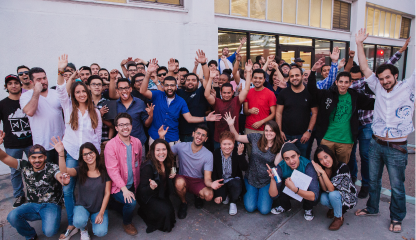
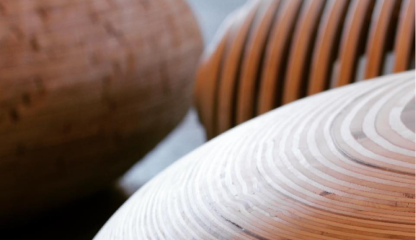
 619-684-8800
619-684-8800
